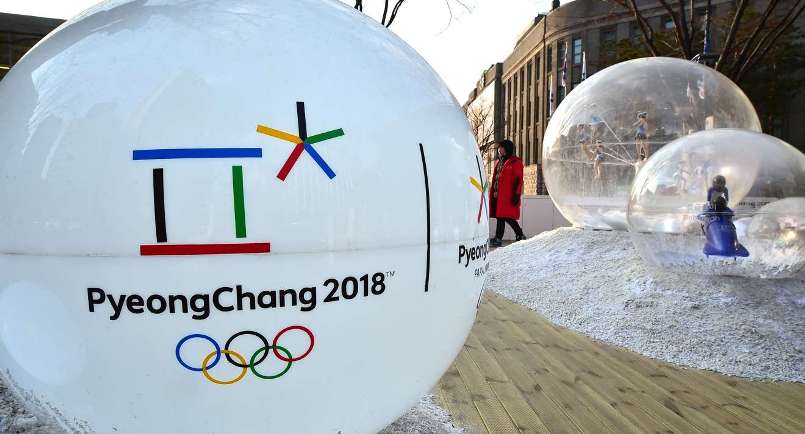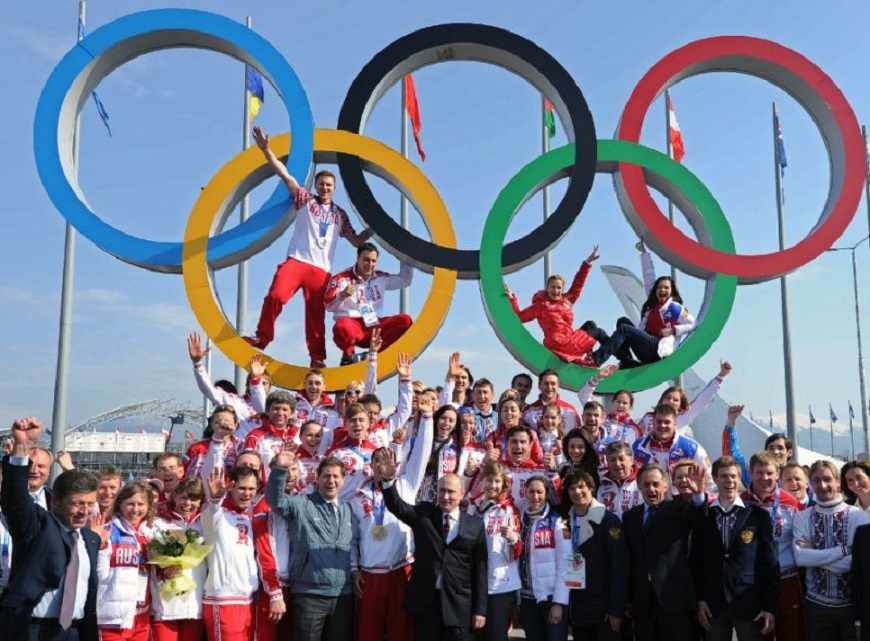
Winter Olympics organisers said Wednesday they would prefer if Russians competed under their own flag, but accepted as “second-best” an International Olympic Committee ruling which allows clean athletes from Russia to take part in the Games as neutrals.
Russia was banned from the 2018 Winter Games on Tuesday because of a state-orchestrated doping programme, but the IOC said clean Russian athletes would be able to enter under an Olympic flag.
“We find it the second-best alternative, albeit not the best, that Russian players are at least allowed to compete individually,” said Lee Hee-Bum, chief of the Pyeongchang organising committee for February’s Winter Olympics in South Korea.
The ban constitutes the toughest sanctions ever levelled by the IOC for drug cheating while still offering Russian athletes who can prove they are clean a route to compete in Pyeongchang.
The decision caught the Games organisers off guard, Lee said in a radio interview.
And it raises the prospect of Moscow boycotting the Games, something that organisers will be desperate to avoid as they battle low ticket sales and concern over North Korea’s nuclear and missile tests.
“We did not know that it (the punishment) would be this much,” Lee said, adding there was a “heated debate” among the IOC members before reaching the decision.
Lee said that he had “unofficially” conveyed his messages to the IOC that he hoped that Russia would be able to participate “in any forms,” but he respected the latest decision by the IOC.
“We accept and respect the decisions of the IOC Executive Board that Russia may compete under a neutral flag,” the Pyeongchang organising committee said in a statement.
Lee said it was “premature” to worry about a potential boycott by Moscow. “It is too early to predict in advance because it is a decision to be made by Russia,” Lee said.
But he vowed to make efforts to urge Moscow officials to “allow as many athletes as possible” to compete at the Games.
The move by the IOC is the latest blow to the embattled organising committee who are struggling to sell tickets as fears grow over the military threat from neighbouring North Korea.
Several nations have questioned whether it is safe to send their athletes to the Games, to be held at an mountain resort just 80 kilometres (50 miles) south of the heavily-fortified border.
The ban follows an explosive report by the World Anti-doping Agency (WADA) and two subsequent IOC probes have confirmed that Russian athletes took part in an elaborate drug cheating programme which peaked during the 2014 Winter Olympics in Sochi, Russia.- Agence France-Presse





























